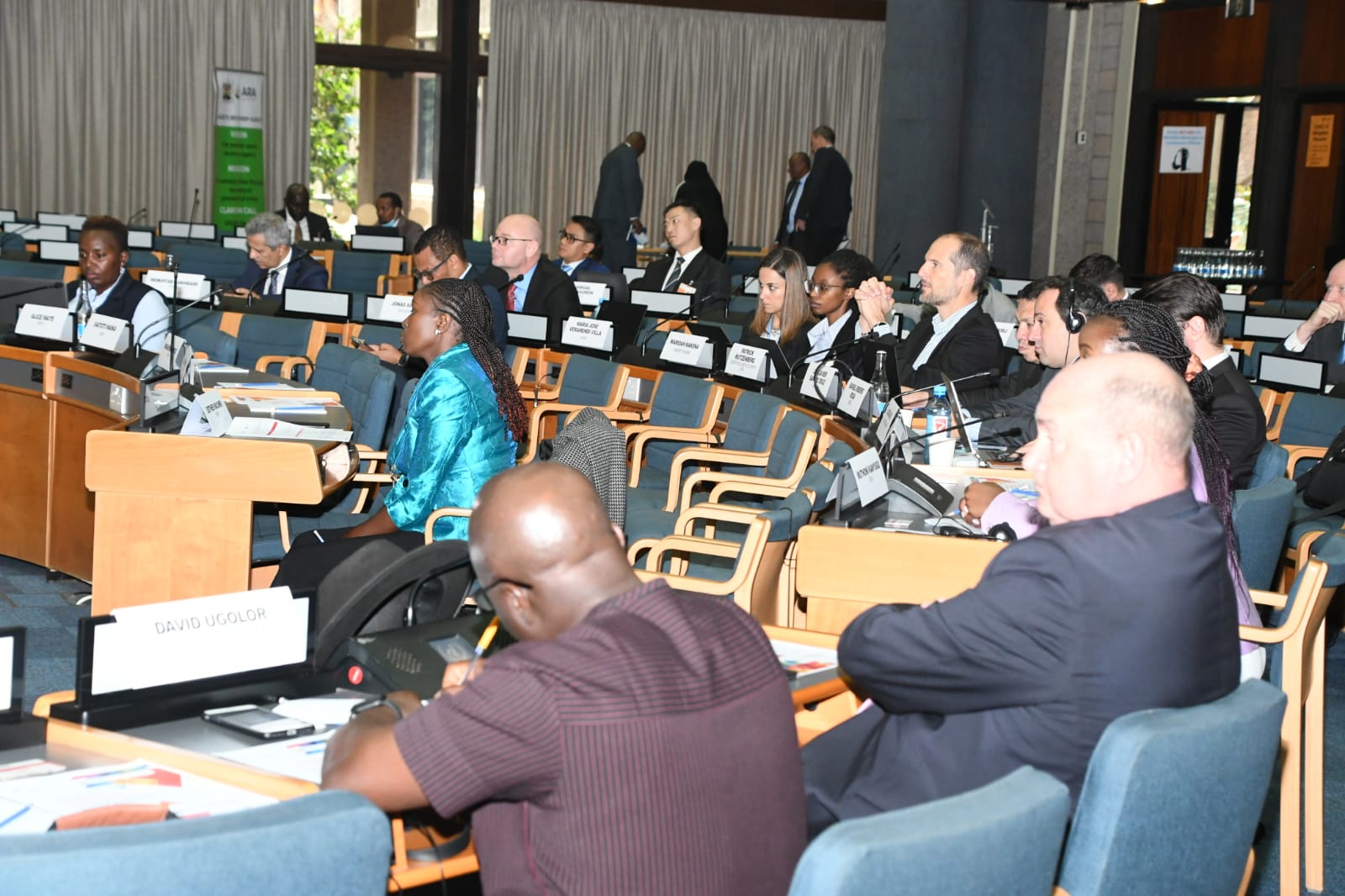28th November 2022.
The United Nations Office on Drugs and Crime (UNODC) and the Assets Recovery Agency (ARA) is hosting a 2-day Forum on the International Expert Meeting on Asset Return and the Agenda 2063 exploring the Challenges, Opportunities and the way forward. The Forum was officially opened this morning by the Hon. Attorney General J.B.N. Muturi at the United Nations Office in Nairobi. AG Muturi spoke in the presence of Switzerland’s Ambassador to Kenya, Mr. Valentin Zellweger and United Nations Office on Drug and Crime representative Mr. Shervin Majlessi.
In his opening remarks, AG Muturi observed that the third expert meeting served as an opportunity for experts to discuss best practices and challenges associated with asset return, and to consider specific cases in order to better understand the various components and legal frameworks that contribute to the process.
He further stated, “this forum provides a chance to practitioners to continue with the dialogue on the nexus between asset return and the Sustainable Development Goals and on how asset recovery and asset return can contribute to the achievement of the Agenda 2030.”
It is noted that the prevention of illicit financial flows and the recovery of stolen assets is an essential component of the Sustainable Development Goals. Goal 16 of the SDGs on Peace, Justice and Strong Institutions, specifically aims at significantly reducing illicit financial and arms flows, strengthening the recovery and return of stolen assets and combating all forms of organized crime. These, asset recovery and asset return play a critical role in strengthening the key foundations of sustainable development including the rule of law and institutional transparency and accountability.
The significance of asset return is given expression in Article 51 of the United National Convention Against Corruption, which provides that: “[t]he return of assets […] is a fundamental principle of this Convention, and States Parties shall afford one another the widest measure of cooperation and assistance in this regard.”
AG Muturi called for more robust cooperation at all levels between and among State Parties, and across regions with all relevant stakeholders as a factor towards accelerating and strengthening the recovery and return of stolen assets. He presented Kenya’s achievement in the process noting that Kenya had established the relevant legal, policy and institutional framework to ensure asset recovery and asset return.
In 2018, the Government of Kenya, the Swiss Federal Council, the Government of the United Kingdom, and the Government of Jersey signed the Framework for the Return of Assets from Corruption and Crime in Kenya, to provide a legal framework for effective and expeditious repatriation of proceeds of crime and corruption that had been illicitly kept away in those jurisdictions. Other notable illustrations presented during the opening sessions include, Kenya securing the repatriation of stolen funds following the successful prosecution of the Smith and Ouzman case and the Windward Trading Limited case, with the support of the Governments of the United Kingdom and Jersey, respectively.
The principles guiding the Framework for the Return of Assets from Corruption and Crime in Kenya, include that: the recovered assets should be returned to Kenya wherever possible following a final judgment; the returns should be made in a transparent and accountable manner; and that the returned assets should be used to pursue clearly identified development objectives in line with Kenya’s Vision 2030 and Agenda 2030 for Sustainable Development.
The two-day joint forum is expected to inform Member States’ engagement on Asset recovery and asset Return, while refreshing Member States’ commitments towards implementing Chapter V of the United Nations Convention Against Corruption (UNCAC), the Sustainable Development Goals and Agenda 2030, with renewed interest and purpose. The meeting is also expected to review and analyze recent cases of International recoveries and returns of stolen assets and how these can contribute to the achievement of the 2030 Agenda for Sustainable Development. These case studies will include Jersey, Kenya, Malaysia, Mongolia and United States of America while cases examining the effect of asset returns on sustainable development with be illustrations from Nigeria and Kazakhstan.
The first and second International Expert Meeting on the management and disposal of recovered and returned stolen assets were held in Addis Ababa in February 2017 and in May 2019 respectively. These meetings brought together asset recovery practitioners deliberating on financing for Development and brought to the fore common challenges to international cooperation in the return of assets and innovative ways at overcoming them.





